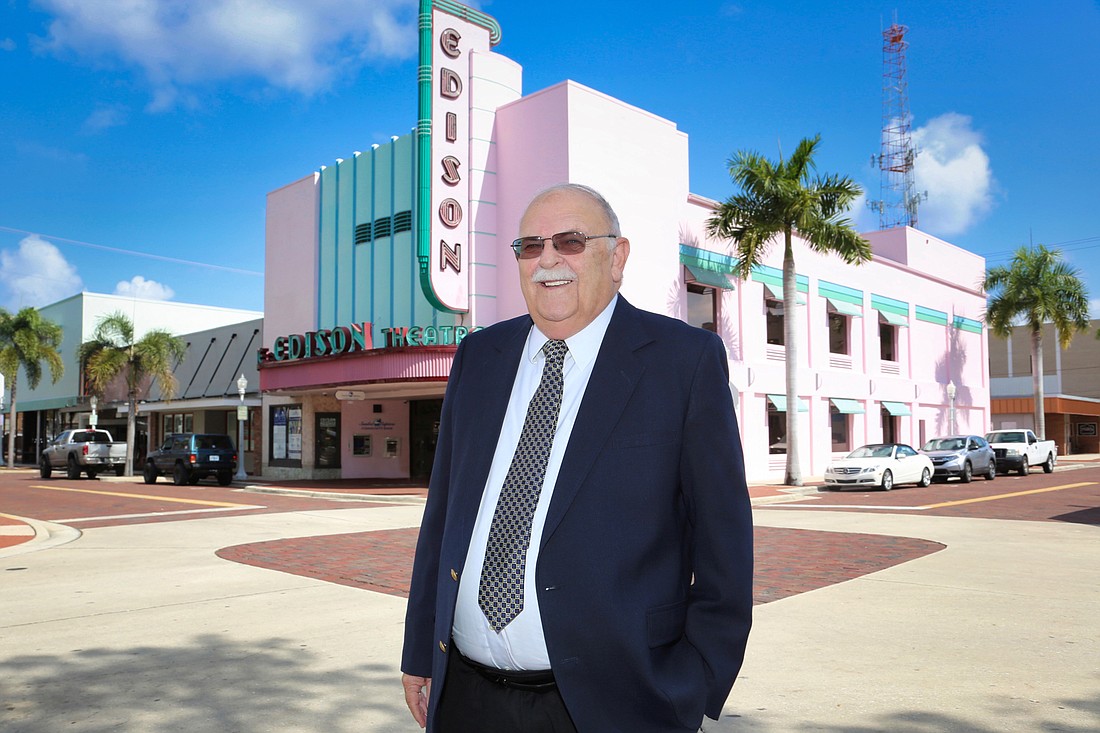- December 15, 2025
-
-
Loading

Loading

It’s taken him nearly 50 years, but Southwest Florida forensic accountant and bankruptcy trustee Jerry McHale says he’s finally worked the most stimulating case of his life. This from a grinder of the legal side of the financial industry with a dogged and down-home style that belie his glossy and polished resume. McHale has done everything from selling an Alaskan airline to finding a buyer for a repossessed yacht to recovering millions in stolen Ponzi scheme funds.